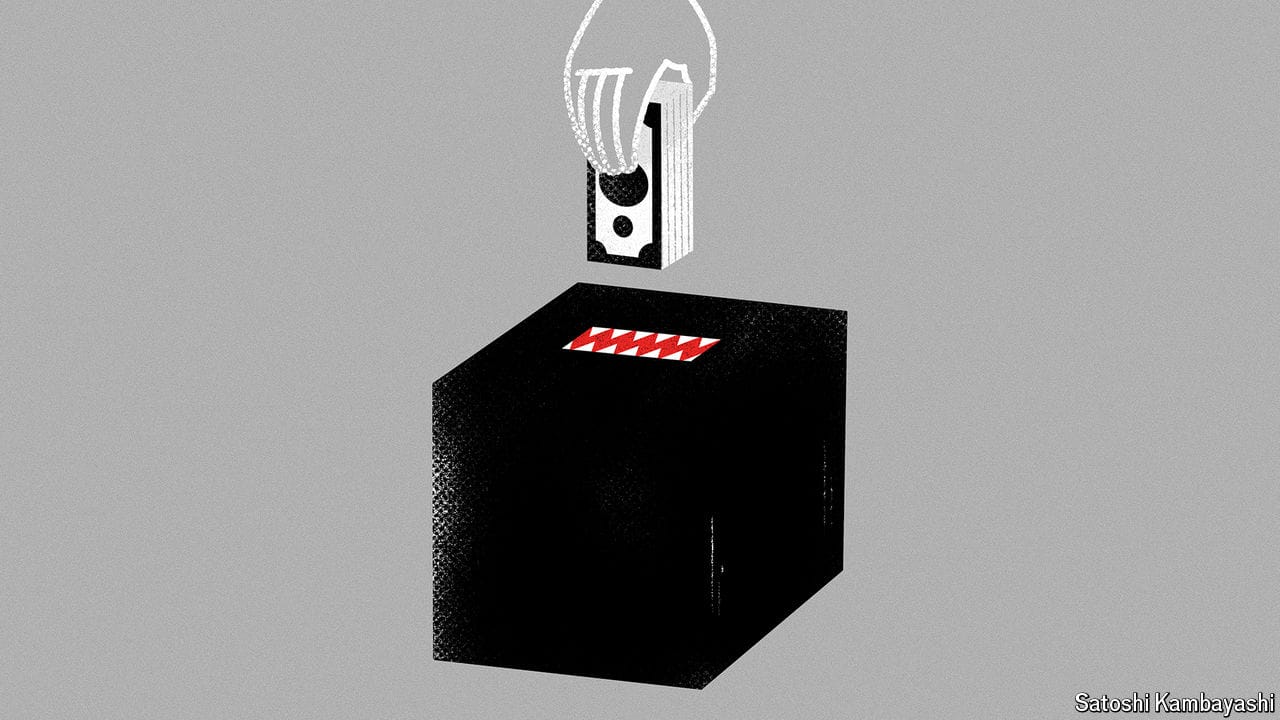A Nobel economics prize goes to pioneers in understanding poverty
Randomised trials help policymakers grasp which policies work and which don’t

THE MOST important question in economics is also the hardest: why do some countries stay poor while others grow rich? In 2015, 10% of the world’s population lived on less than $1.90 per day, down from 36% in 1990. But more than 700m people remain in extreme poverty, and the number grows every day in certain parts of the world, in particular sub-Saharan Africa. For their contributions to understanding gaps in development, the better to close them, Abhijit Banerjee, Esther Duflo and Michael Kremer have been awarded this year’s Nobel prize for economics. All three are Americans, though Mr Banerjee and Ms Duflo are immigrants (and married to each other). Ms Duflo is only the second woman to have received the prize and, at 46, the youngest winner ever.
This article appeared in the Finance & economics section of the print edition under the headline “Rich economics”
Finance & economics October 19th 2019
- A massive money-laundering scandal stains the image of Nordic banks
- Britain’s equity market is shrinking
- How the twists and turns of the trade war are hurting growth
- Is the board overseeing Puerto Rico’s bankruptcy unconstitutional?
- Greta Thunberg accuses rich countries of “creative carbon accounting”
- A Nobel economics prize goes to pioneers in understanding poverty
More from Finance and economics

China’s last boomtowns show rapid growth is still possible
All it takes is for the state to work with the market

What the war on tourism gets wrong
Visitors are a boon, if managed wisely

Why investors are unwise to bet on elections
Turning a profit from political news is a lot harder than it looks
Revisiting the work of Donald Harris, father of Kamala
The combative Marxist economist focused on questions related to growth
Donald Trump wants a weaker dollar. What are his options?
All come with their own drawbacks
Why is Xi Jinping building secret commodity stockpiles?
Vast new holdings of grain, natural gas and oil suggest trouble ahead
